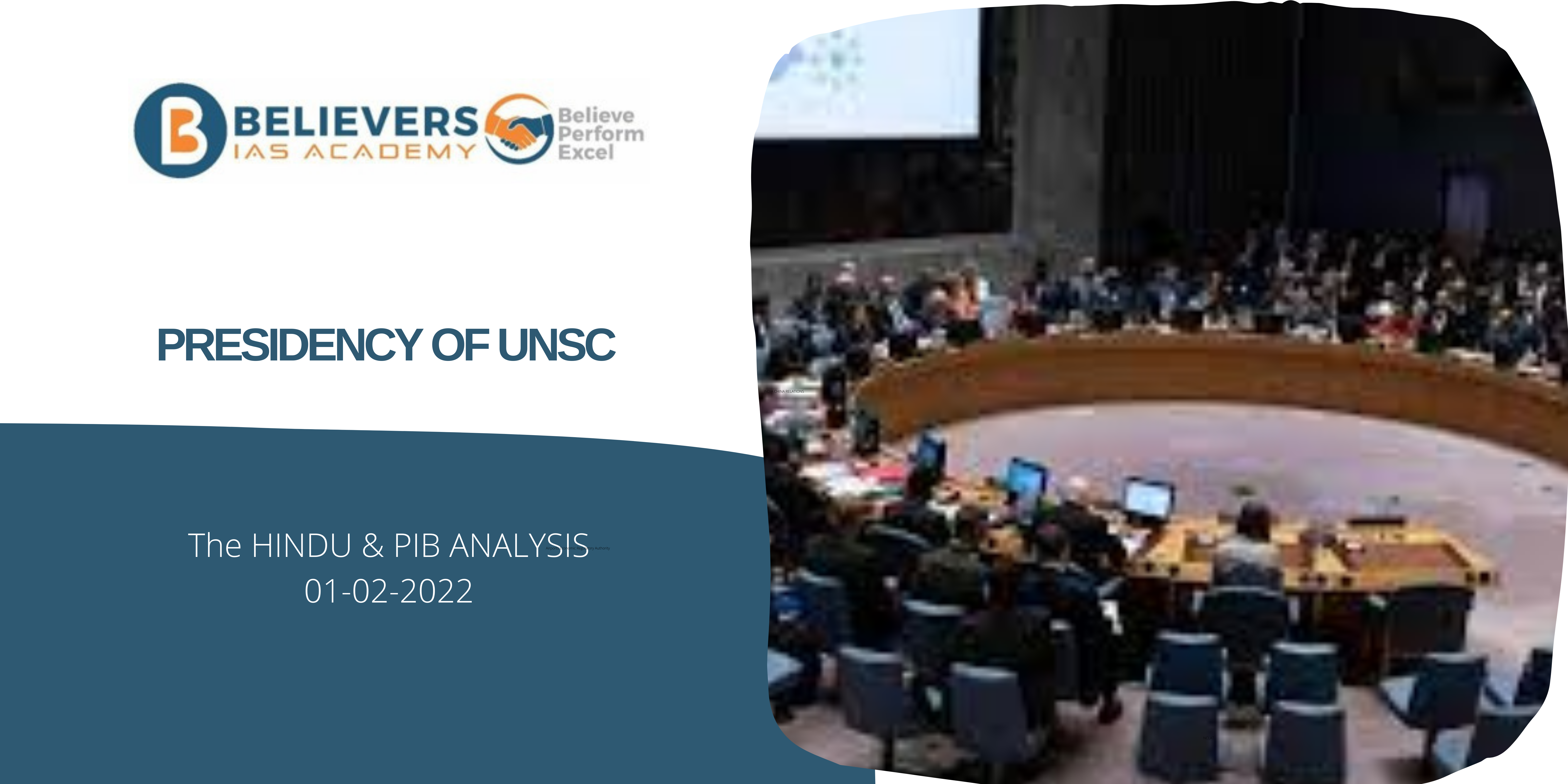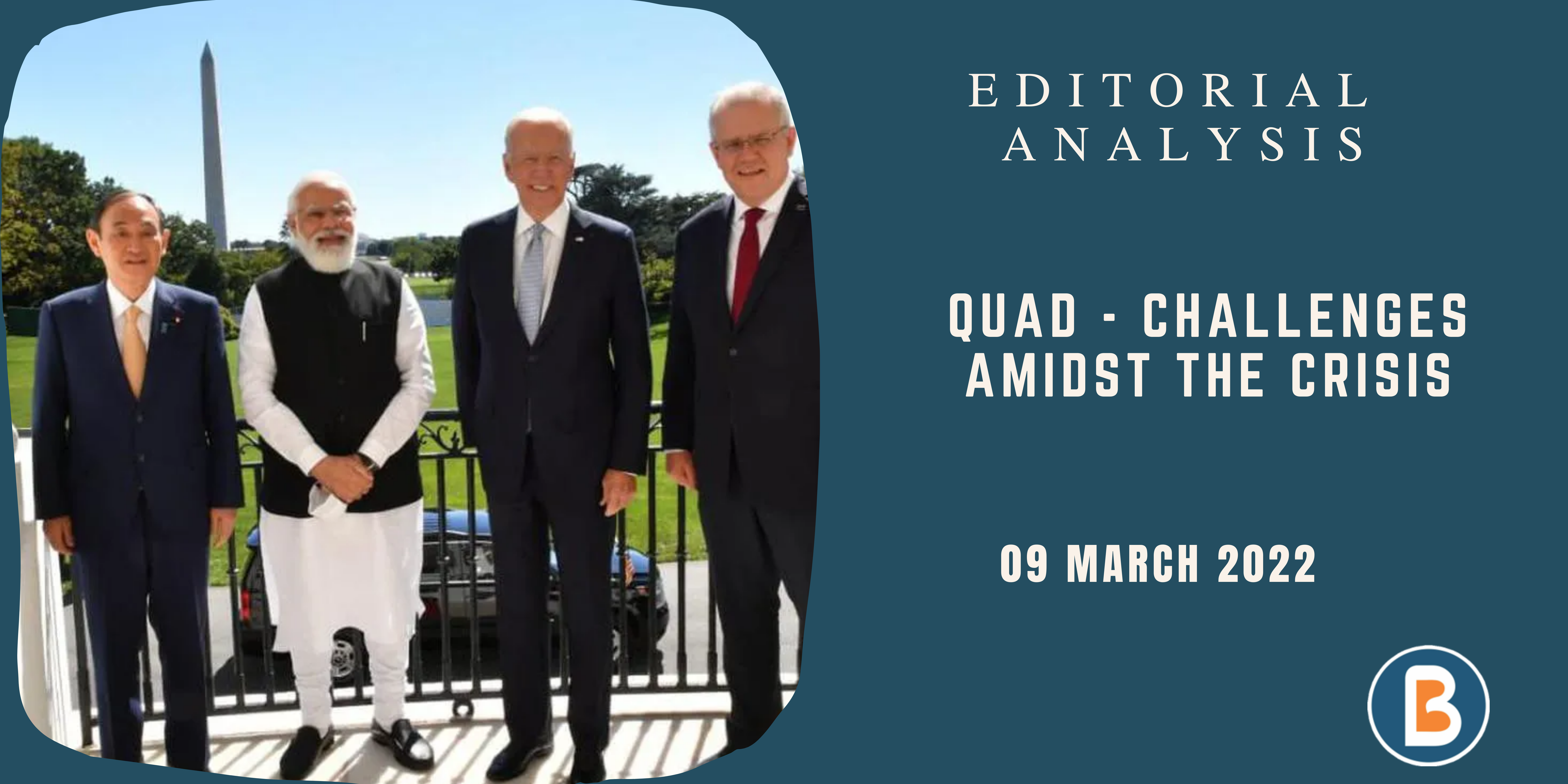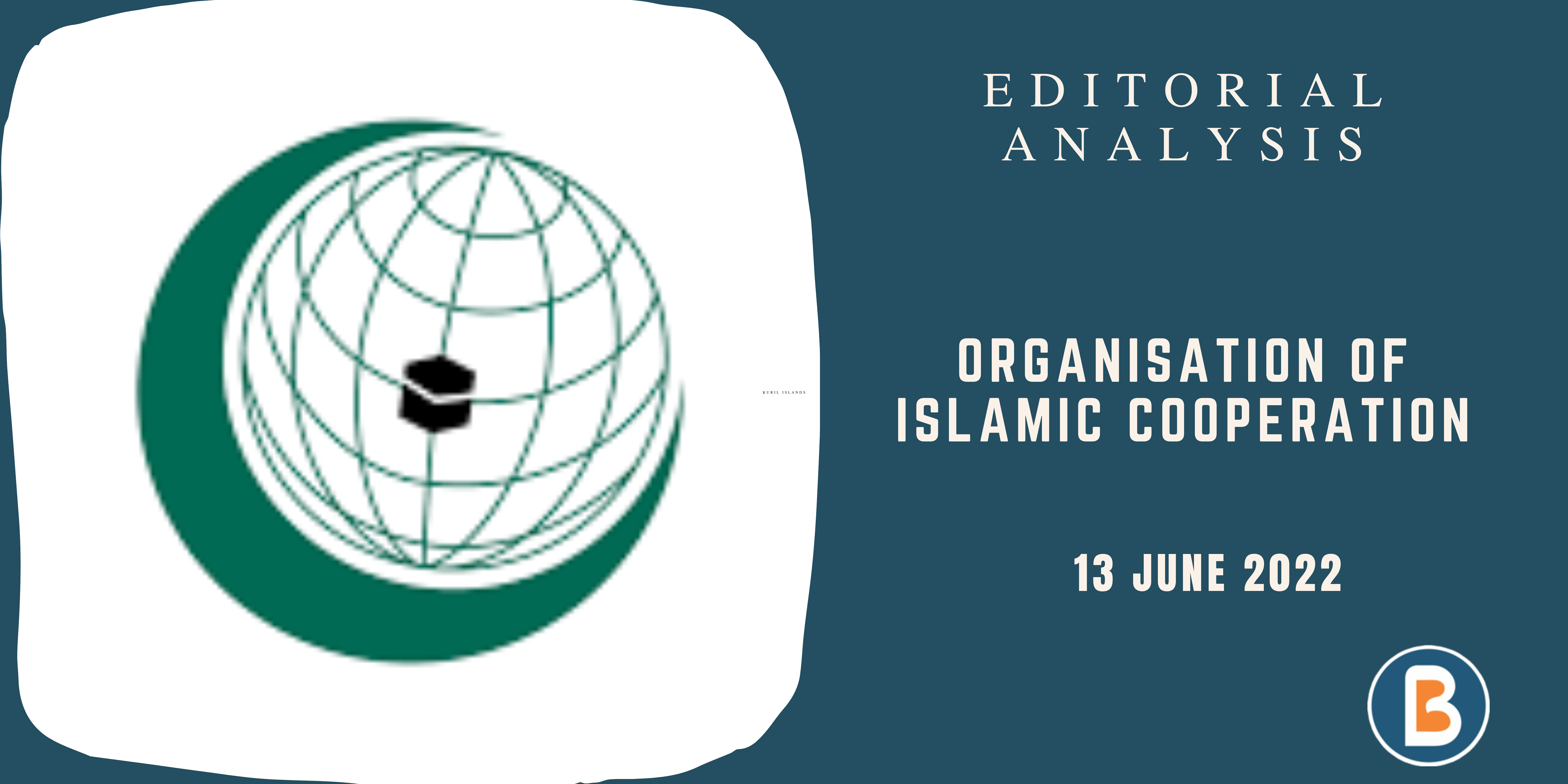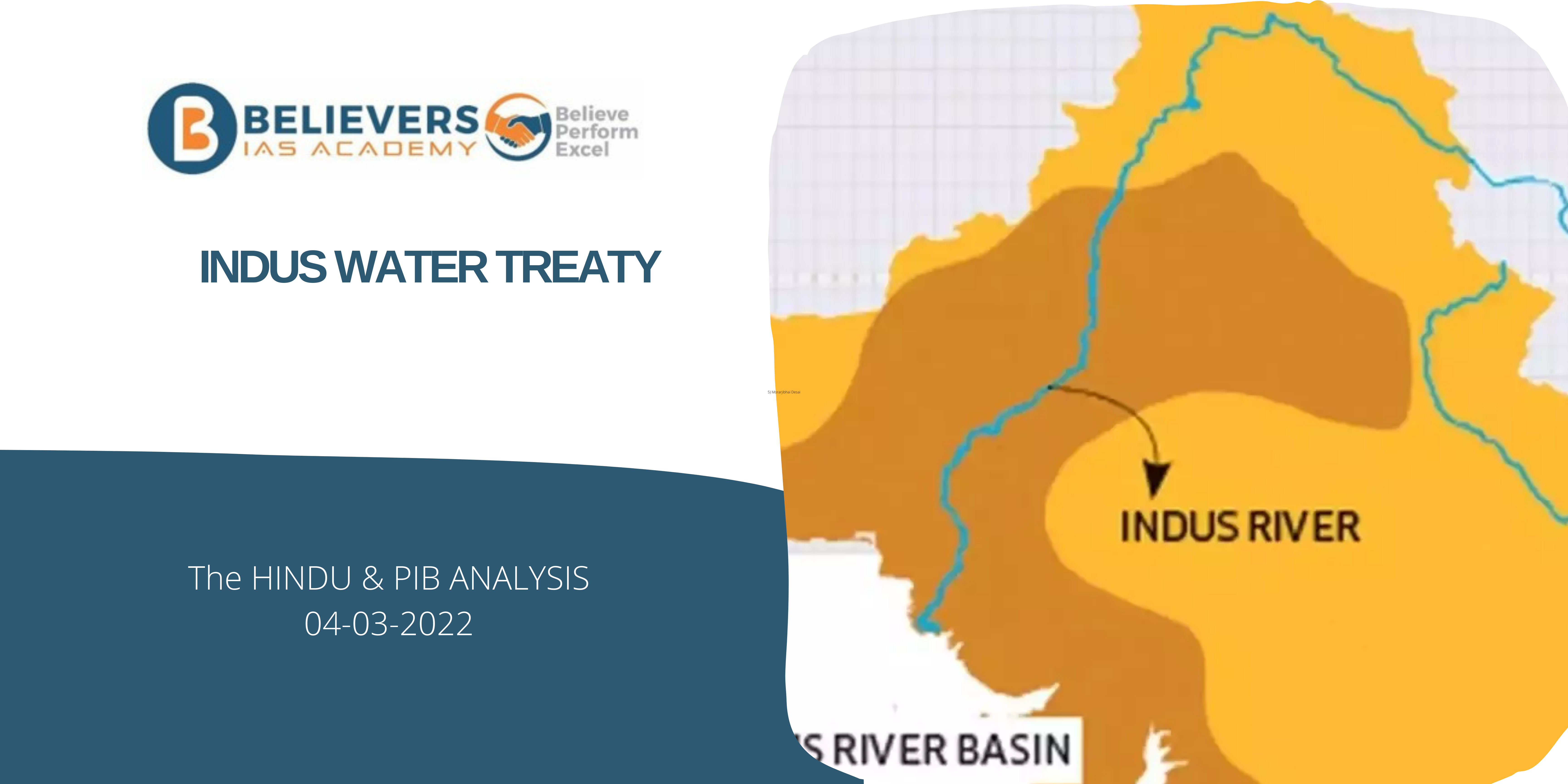Presidency of UNSC
Context:
- Ahead of Russia’s upcoming Presidency of the United Nations Security Council this month, India and Russia on Monday held consultations on the UNSC issues during the visit of Ambassador Sergey Vasilyevich Vershinin, Deputy Minister of Foreign Affairs (DFM) of the Russian Federation.
- The discussion came in the backdrop of tensions between Russia and Ukraine over possible eastward expansion by NATO.
- Both sides held wide-ranging discussions on issues on the UNSC agenda and related developments.
- They agreed to deepen cooperation on issues of mutual interest at multilateral platforms. India has maintained a cautious position over the military tension bordering eastern Ukraine where Russia has rushed around a lakh additional soldiers and heavy armaments in the past weeks.
About Security Council Presidency:
- The presidency of the Council is held by each of the members in turn for one month, following the English alphabetical order of the Member States names.
- It rotates among the 15 member-states of the council monthly.
- The head of the country’s delegation is known as the President of the United Nations Security Council.
- The president serves to coordinate actions of the council, decide policy disputes, and sometimes functions as a diplomat or intermediary between conflicting groups.
About UNSC:
- The United Nations Charter established six main organs of the United Nations, including the United Nations Security Council (UNSC).
- The Security Council has the power to make decisions that member states are then obligated to implement under the Charter.
- Permanent and Non-Permanent Members: The UNSC is composed of 15 members, 5 permanent and 10 non-permanent.
- Each year, the General Assembly elects five non-permanent members for a two-year term.
Source The Hindu




